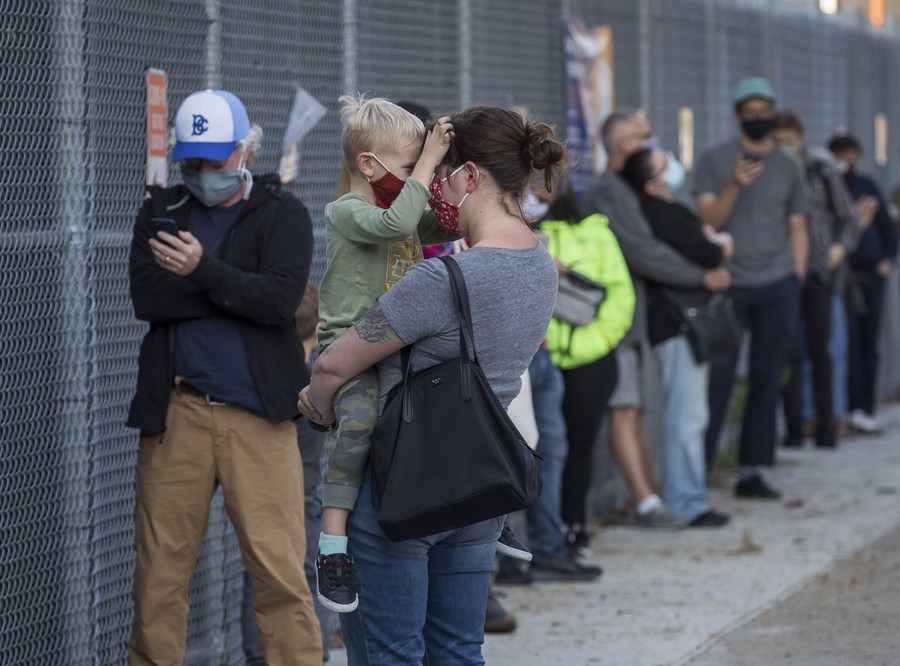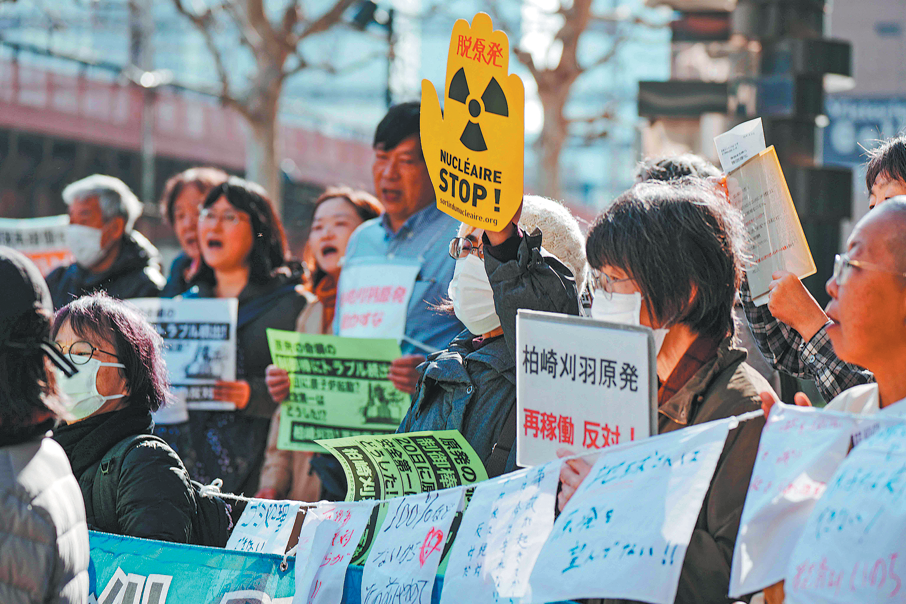Scientists voice concern, criticism as coronavirus resurges in multiple countries


BEIJING - The latest infections across the world indicate that a resurgence of the coronavirus is likely occurring, which poses great challenges to global health and urges a more efficient response from countries.
The United States -- ranking first in the world in terms of both case number and death toll from COVID-19 -- has recently come under fire from academia. Journals including Nature and Science have started to take aim at the superpower's missteps in the pandemic.
As of Sunday, India's COVID-19 tally continues to rise, with more than 7 million total confirmed cases and over 100,000 deaths. According to the Indian Council of Medical Research, massive tests are underway in the country.
Brazil, ranking third only after the United States and India in terms of case tally, has the second highest death toll from COVID-19 at more than 150,000, Johns Hopkins University's data show.
Nepal reported 5,008 new confirmed cases on Saturday, once again setting a record-high number of confirmed cases in a day since the outbreak.
Similarly, Canada registered 2,558 new cases on Friday, also a record-breaking daily number. Its current national tally is more than 182,000.
Earlier this week, over 10,000 mink have died at farms in the US states of Utah and Wisconsin after a series of coronavirus outbreaks. Farm workers are being directed to use protective equipment, local media reported.
The situation seems to become more worrying in Europe as many countries have experienced a continuous increase in daily caseloads, pushing European governments to strengthen restrictions to contain the spread of the virus.
After Paris and its neighboring regions were put on top coronavirus alert level on Tuesday, France' public health department on Saturday reported 26,896 new confirmed cases, another new record of daily infections.
According to French media, some health workers have been "traumatized" by the resurgence of COVID-19. "A lot of them will never get over it," said one of the nurses.
Since Oct 3, Britain's daily case number has been continuously increasing to exceed the 10,000 mark. Daily cases on Saturday in Italy and Germany surpassed 4,500. Romania, with a caseload of 3,517 the same day, marked a record number of daily new cases since its outbreak.
Germany is making efforts to avoid a second lockdown and not to repeat its policies carried out in spring, German Chancellor Angela Merkel said on Friday.
Apart from France' policy to upgrade city alert levels, Italy has made it mandatory to wear face masks in outdoor spaces, and the Spanish government has ordered a 15-day state of emergency to bring down infection rates in its capital Madrid.
British Prime Minister Boris Johnson has declared in late September that he would "not hesitate" to order further restrictions if necessary.
In the United States, the government has long been blamed for not responding effectively to the pandemic. Scientists have recently voiced dissatisfaction in several academic journals and magazines.
In an editorial published on Thursday, the New England Journal of Medicine said the United States "could have done better". The editors, who signed the editorial, called the US handling of the pandemic an "astonishing" failure, adding that "they (the leaders) have taken a crisis and turned it into a tragedy".
In an article published Wednesday, the multidisciplinary journal Nature chastised the US president for holding mass rallies neglecting state health rules and downplaying the pandemic, which, according to the article, "damaged science".
Science, on Wednesday, published a website article saying Donald Trump has "aggressively pushed for a COVID-19 vaccine". It added that the threat of political interference has created "mistrust and confusion" in the scientific community.
An article dated Oct 3 from The Lancet pointed out the problem of health inequality in the United States. "The health community needs (...) to develop more effective anti-racist and benevolent public health responses to entrenched health inequalities, the COVID-19 pandemic, and future pandemics," it said.































